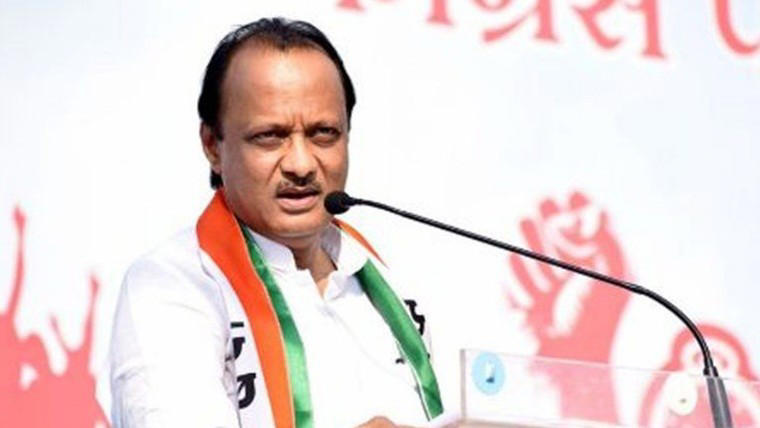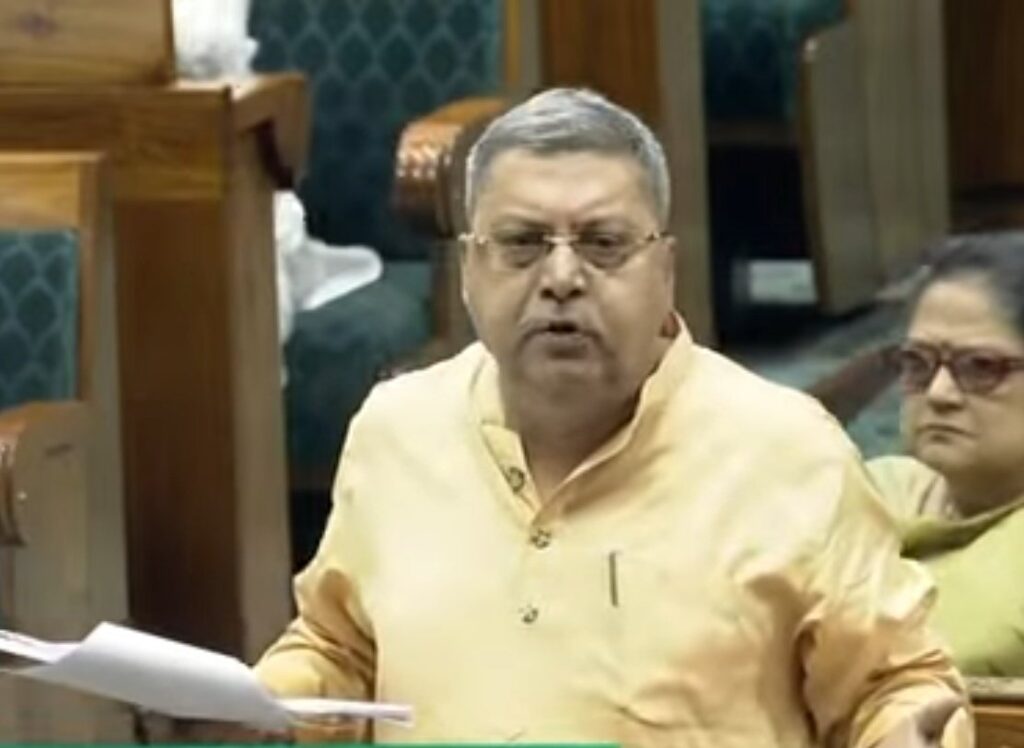NDPP Gains Absolute Majority, NCP Loses National Ground
In a dramatic political shake-up, Maharashtra Deputy Chief Minister Ajit Pawar’s Nationalist Congress Party (NCP) suffered a crushing blow in Nagaland. All seven NCP MLAs in Nagaland defected en masse to the ruling Nationalist Democratic Progressive Party (NDPP), led by Chief Minister Neiphiu Rio. This defection, announced on May 31, 2025, has completely eliminated NCP’s legislative presence in the state, eroding its fragile national standing.
The NCP’s Nagaland unit was its most successful outpost outside Maharashtra. Its sudden implosion not only damages Ajit Pawar’s national outreach but also boosts the NDPP’s dominance in the 60-member Nagaland Legislative Assembly, tipping it into an absolute majority.
This move has been legally cleared under the Tenth Schedule of the Indian Constitution (Anti-Defection Law) as all seven MLAs switched together — making disqualification nearly impossible.
NDPP Consolidates Power While Ajit Pawar Struggles to Recover
The NDPP’s numbers jumped from 25 to 32 seats following the defection, securing a clear majority without relying on coalition partners. This strengthens Neiphiu Rio’s government, already backed by the BJP and other allies, and enhances political stability in the state.
Ajit Pawar, on the other hand, is left navigating the embarrassing optics and strategic implications of losing an entire state unit. He admitted that the Nagaland MLAs had earlier met him in Mumbai, citing neglect and lack of development in their constituencies. While he says he conveyed their grievances to Rio, nothing substantive followed.
The discontent appears to have brewed for months, culminating in this strategic realignment. Despite being in an alliance, the NDPP’s move is being labelled as “poaching” by NCP insiders.
While Pawar has sent a team to Nagaland to assess the situation, any legal or political pushback appears toothless. With no representation left in Nagaland, the NCP’s claim to national party status is now practically untenable.
What This Means for NCP’s Future
The loss of its only stronghold outside Maharashtra could not come at a worse time for Ajit Pawar’s faction of the NCP, which is already embroiled in a legitimacy battle after splitting from Sharad Pawar’s leadership. This undermines the NCP’s efforts to project itself as a pan-India force and raises serious questions about Ajit Pawar’s leadership capabilities beyond Maharashtra. With the party now functionally regional, confined to Maharashtra alone, its political leverage in national coalitions like the NDA may be severely reduced.
https://t.co/eARJzA4voi
— Nagaland Post (@Nagaland_Post) May 31, 2025
7 NCP legislators merge with NDPP; tally of NDPP rises to 32 pic.twitter.com/2q99UcGXP3
NCP’s legal options are limited: the Anti-Defection Law permits group mergers if two-thirds of the legislative party moves together. That’s exactly what happened here. While notices may be issued and petitions filed, disqualification is highly unlikely. Meanwhile, the NDPP has emerged as the unchallenged political force in Nagaland, further solidifying Neiphiu Rio’s standing. The updated assembly count is now:
- NDPP: 32
- BJP: 12
- NPP: 5
- LJP (RV): 2
- NPF: 2
- RPI (Athawale): 2
- JD(U): 1
- Independents: 4
With this reshuffle, the NDPP-led coalition may no longer need active ally management, giving it freer rein to implement policy and pursue its agenda.
The Nagaland defection has turned into a major political embarrassment for Ajit Pawar, not just symbolically but strategically. It marks the end of NCP’s presence in northeast India, reinforces NDPP’s dominance, and challenges the credibility of the NCP as a national force. As Pawar prepares to raise the issue at the NDA’s next meeting, it’s clear this episode will linger as a lesson in internal party management, alliance fragility, and regional disconnect.





















